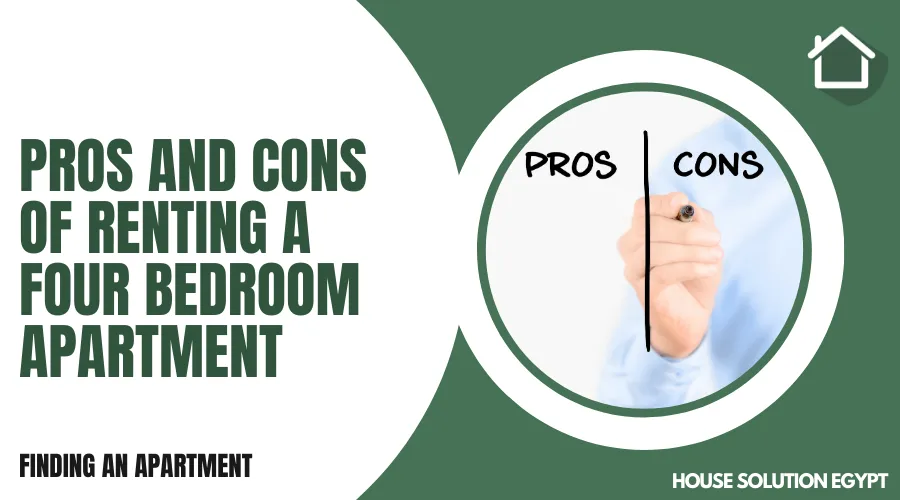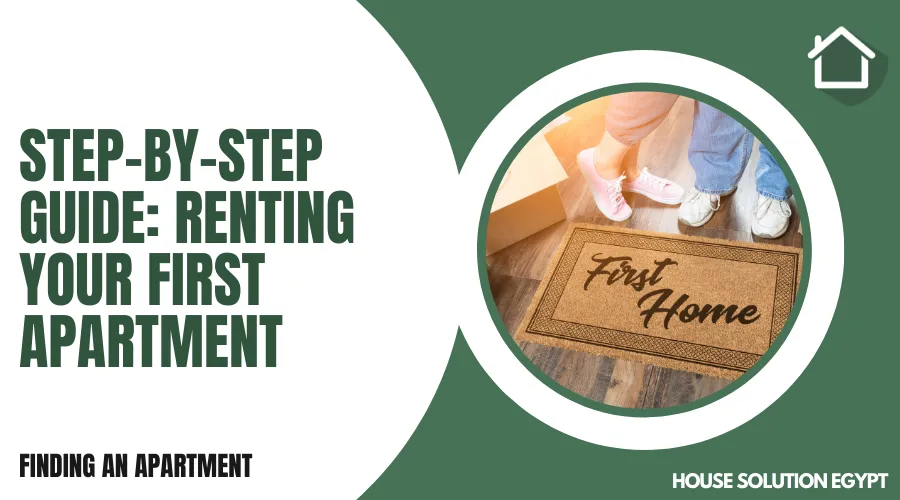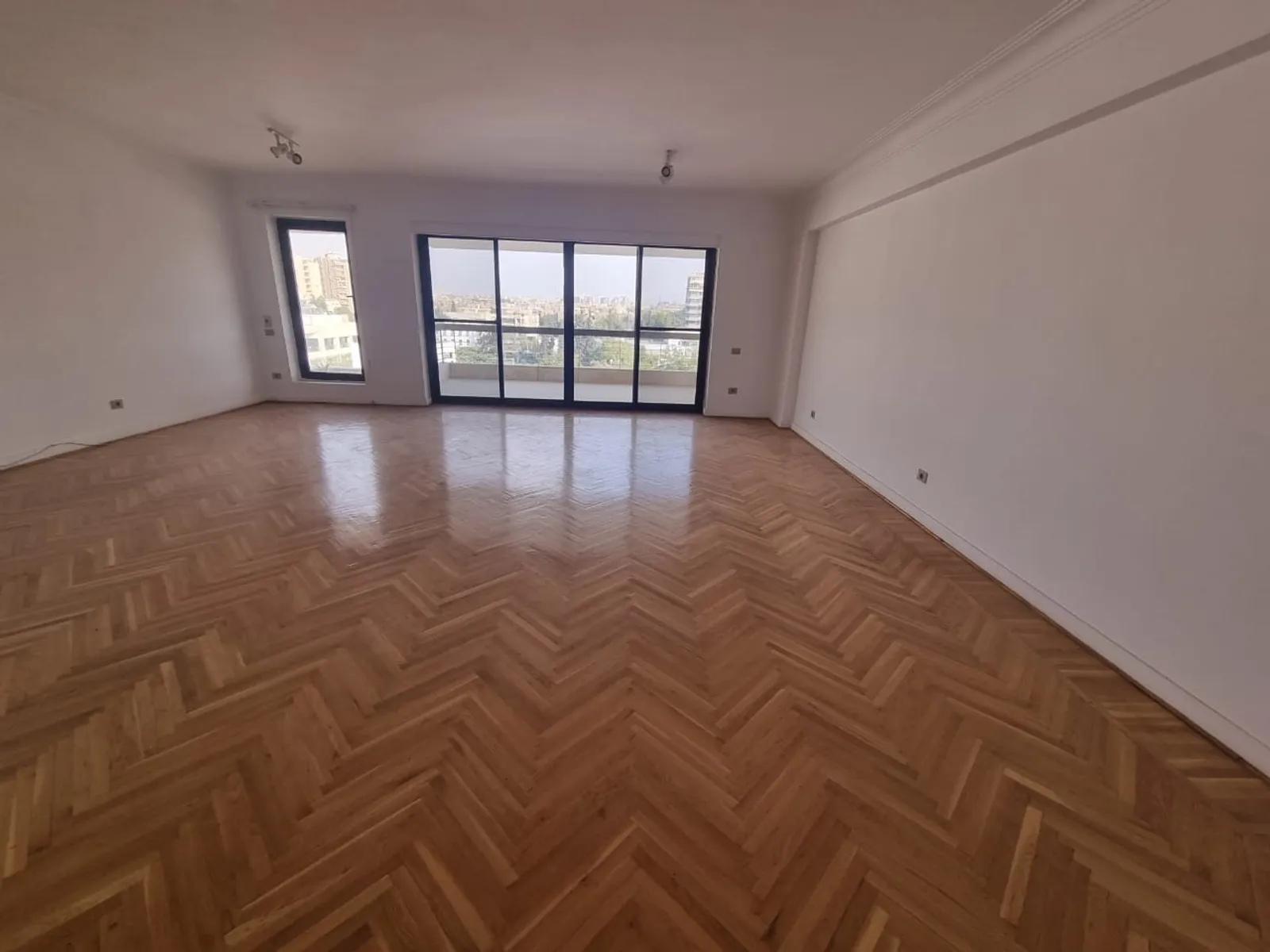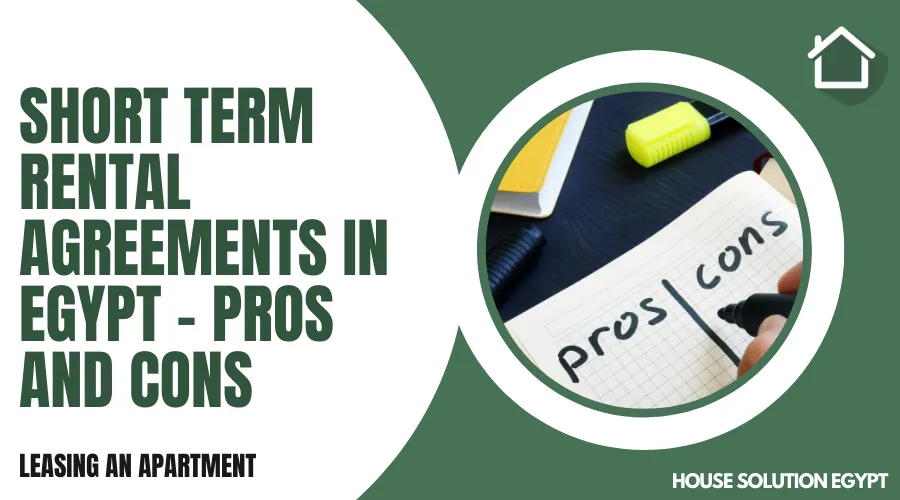HOW FAR AHEAD SHOULD YOU LOOK FOR YOUR NEXT APARTMENT?
Finding an Apartment|4.5 MIN READ|Updated on: 14 December 2024|Written by: Marwa Samir
When it comes to looking for your next apartment, timing is key. While some people might choose to begin their search a few weeks before their lease is up, others prefer to start planning months in advance. Ultimately, the right timeline depends on your unique needs and circumstances.
If you're looking for an apartment in a particularly competitive market or during peak rental season, starting early could give you an advantage. On the other hand, if you're not particularly picky about location or amenities and just need a basic living space, you may be able to find something suitable with minimal notice.
Some factors that can impact how far ahead you should look include your budget, desired location and proximity to public transportation or other amenities. Additionally, if there are specific move-in dates that would work best with your schedule (such as avoiding overlapping leases), it may be wise to begin searching earlier rather than later. By taking the time to plan ahead and consider all of these factors carefully, you'll be better equipped to find the perfect new apartment when the time comes.
Research: Know Your Options
When it comes to apartment hunting, it's important to consider how far ahead you should look. While some people may only start searching a few weeks before their lease expires, others prefer to plan months in advance. The truth is that there is no one-size-fits-all answer when it comes to timing your apartment search. It largely depends on your personal circumstances and preferences.
One option is to start looking three months before your current lease expires. This gives you enough time to browse different apartments and neighborhoods, compare prices, and schedule visits without feeling rushed or pressured into making a hasty decision. However, if you're moving during peak rental season or live in a competitive market where apartments rent quickly, you may need to start your search even earlier.
Another option is to wait until the last minute and only start looking about a month before your lease ends. While this can be risky since options may be limited at this point and you might end up settling for something less than ideal, it can work well for those who are flexible with their move-in dates or are already familiar with the area they want to live in. Ultimately, knowing your options means weighing the pros and cons of each approach based on what works best for you.
Budgeting: Calculating Rental Costs
When it comes to budgeting for rental costs, one of the main factors to consider is how far ahead you should be looking for your next apartment. The answer to this question will depend on a variety of factors, including your current living situation and financial stability. If you are currently renting and have a lease that is set to expire in the next few months, it may make sense to start looking for your next apartment now so that you have plenty of time to find a place that fits within your budget.
On the other hand, if you are still saving up for a security deposit or other moving expenses, it may be better to hold off on starting your search until you have more funds available. It's also important to consider any upcoming changes in income or expenses that could impact your ability to pay rent each month. For example, if you know that you will be taking on additional debt or losing income in the near future, it may be wise to look for an apartment with lower monthly payments so that you can stay within your budget. Overall, calculating rental costs requires careful planning and consideration of all relevant factors.
Timing: When to Start Looking
The ideal time to start looking for your next apartment depends on various factors such as the rental market in your area and when you need to move. Generally, it's recommended to start searching at least two months before you plan to move. This will give you enough time to find a suitable place, apply for it, and secure the lease agreement.
If you're moving within a popular renting season like summer or early fall, starting your search earlier is better since there'll be more competition for apartments during these times. For example, if you want to move in August or September, beginning your search in May or June would be wise.
If you're flexible with your moving schedule and aren't particular about finding the perfect apartment right away, you can begin looking later. But keep in mind that this approach comes with potential risks such as limited availability of apartments that match your criteria which could cause added stress towards the end of your timeline.
Communication: Reaching Out to Landlords
When searching for a new apartment, communication is key, especially when dealing with landlords. It's important to reach out to potential landlords well in advance of your move-in date. This will give you enough time to discuss the details of the rental agreement and ask any questions you may have about the property.
When reaching out to landlords, it's best to communicate clearly and professionally. Make sure you introduce yourself and explain your situation, including your desired move-in date and any specific requirements or preferences you may have. Be prepared to provide references from previous landlords or employers as well.
In addition, be proactive in following up with potential landlords after initial contact has been made. Follow up emails or phone calls can demonstrate your interest in the property and show that you are serious about finding a new home. By communicating effectively with landlords throughout the search process, you can increase your chances of finding the perfect apartment for your needs.
Preparation: Gather Documents & References
When it comes to apartment hunting, preparation is key. One of the most important steps in your preparation process is gathering all of the necessary documents and references you'll need when applying for a new apartment. Typically, landlords require applicants to provide proof of income, such as pay stubs or tax returns, as well as a list of references from previous landlords or employers.
To avoid any delays in the application process, it's important to gather these documents well in advance of your planned move-in date. This will give you enough time to track down any missing information and make sure everything is up-to-date. It's also a good idea to keep digital copies of these documents on hand so that you can easily send them over when needed.
In addition to standard documentation, some landlords may have specific requirements or preferences when it comes to references or proof of income. It's always a good idea to ask about these requirements early on in your search so that you can be fully prepared when it's time to apply for your next apartment. By taking the time to gather all necessary documents and references ahead of time, you can streamline the application process and improve your chances of securing your dream apartment.
Conclusion: Planning Ahead For Success
When it comes to apartment hunting, it's essential to think ahead if you want to secure the perfect space. But just how far ahead should you plan? Generally, experts recommend starting your search at least two months before your desired move-in date. This gives you enough time to find a place that meets all of your needs and preferences without feeling rushed.
Another important factor when planning ahead for success in finding an apartment is knowing what kind of lease you want. Are you looking for a short-term rental or something more long-term? The answer can affect when you start looking and how much flexibility you have in negotiating rent prices.
Additionally, it's crucial to consider the location of potential apartments and how they fit into your future plans. If you're planning on changing jobs or schools soon, it might be wise to choose an apartment that's close to those locations. Planning ahead not only helps ensure a smooth move but also sets the foundation for successful living in your new space.






